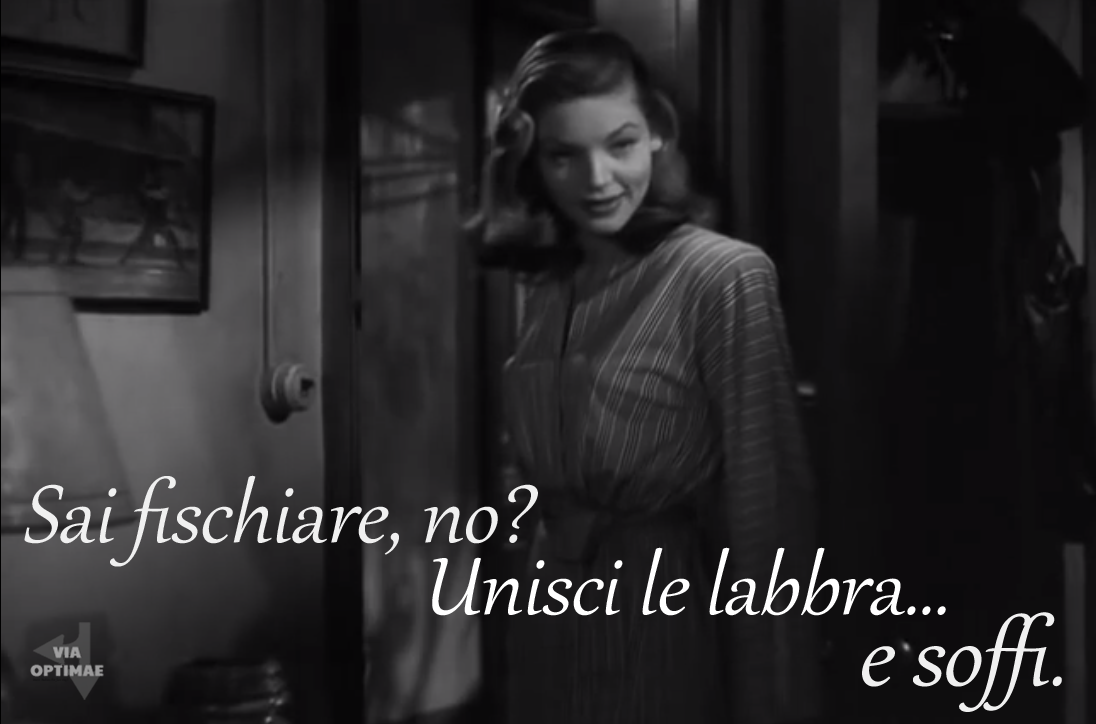 |
| Il fruttivendolo, excerpt from Food Picture Dictionary Vol. 01 |
"The" is a definite article. In English, it remains the same no matter the gender or number of the noun we are referring to:
the dog
the cats
the boy
the girls
the cats
the boy
the girls
Italian nouns have a gender (either masculine or feminine) and a number (singular or plural)
and Italian articles do too…
(Today, however, we'll focus just on the singular!)
(Today, however, we'll focus just on the singular!)
The masculine, singular definite article is IL:
il libro
the book
il ragazzo
the boy
il giorno
the day
la cosa
the thing
la ragazza
the girl
la casa
the house
la birra
the beer
MASCULINE or FEMININE?
In general, nouns that end in "o" are masculine, and nouns that end in "a" are feminine, but there are some exceptions that must be memorized as well as nouns that end in -e, -à and others. When learning a new noun, I recommend learning it with the article, so that the association of the noun with its gender becomes automatic.
If the word starts with a VOWEL, the article is L' and
(for both masculine & feminine!)
If the word is masculine and starts with Z, S+consonant, PS or GN, the article is LO
Tutto chiaro?
(Is it all clear?)
Reinforce what you've learned with the Italian Basics digital workbook: (with easily printable pages!)
Ready for the next lesson in this series?
(for both masculine & feminine!)
l'occhio (m.)
the eye
l'albero (m.)
the tree
l'occasione (f.)
the occasion
l'aria (f.)
the air
If the word is masculine and starts with Z, S+consonant, PS or GN, the article is LO
lo zaino
the backpack
lo sport
the sport
lo psicologo
the psychiatrist
lo gnocco
the dumpling
This means that there are 4 different versions of the singular definite article, which can be summed up in the following chart:
It may seem like a lot, but really the main articles are IL and LA, and the others are variations based on pronunciation.
When you learn a new word, LEARN IT WITH THE ARTICLE and say it out loud several times so that it begins to sound natural to you!
When I make vocab lists, I always include the proper article in parentheses and the gender if it isn't obvious from the article/ending:
cosa (la) — thing
sport (lo) - sport
anno (l') — year
occasione (l') (f.) - occasion
città (la) - city
Tutto chiaro?
(Is it all clear?)
Reinforce what you've learned with the Italian Basics digital workbook: (with easily printable pages!)
Ready for the next lesson in this series?
Potrebbe pure interessarti...
The Beginner's Italian Grammar Series, starting with:



















No comments:
Post a Comment